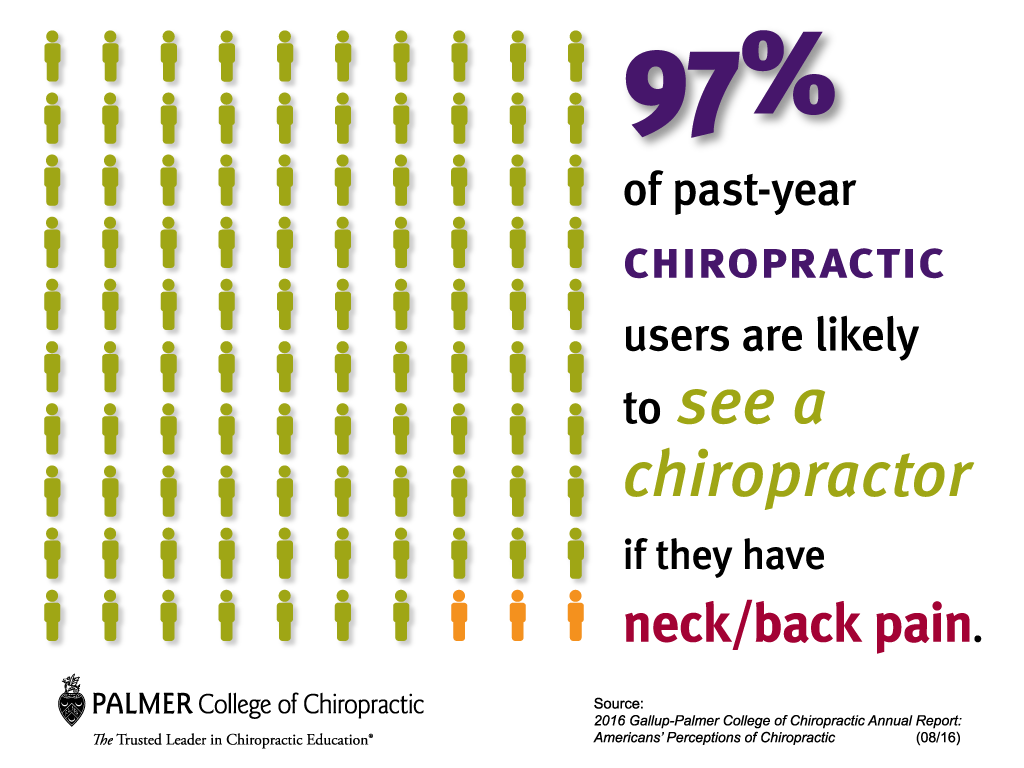Find Out The Truth Regarding Chiropractic Changes And Their Possibility For Dependency-- Uncover What The Science Truly States And Just How It Impacts Your Wellness
Find Out The Truth Regarding Chiropractic Changes And Their Possibility For Dependency-- Uncover What The Science Truly States And Just How It Impacts Your Wellness
Blog Article
Material Created By-Skovsgaard Wilder
You could have heard that chiropractic care adjustments can cause an addicting dependency, yet that's a common false impression. Several patients find relief without establishing any type of addiction. It is necessary to recognize truth objective of these adjustments and how they fit into your overall health approach. So, exactly what does the scientific research state regarding chiropractic care and your well-being? Let's check out the realities.
Recognizing Chiropractic Adjustments and Their Function
When you think of chiropractic care changes, it's necessary to understand their function and just how they work. sudden severe lower back pain can't move aim to deal with imbalances in your spine and joints, promoting better placement and motion. By applying regulated pressure to specific locations, chiropractics physician aid minimize discomfort, improve function, and improve your overall health.
Chiropractic care focuses on your body's capacity to recover itself, highlighting the connection in between the spine and the nerve system. When your spine is lined up, it can minimize nerve interference, enabling your body to operate ideally.
sore lower back might also aid protect against future concerns, maintaining you active and pain-free. Inevitably, chiropractic care adjustments offer to support your health and wellness, boost flexibility, and enhance your lifestyle.
Common Myths Regarding Addiction and Chiropractic Care Care
Many people hold mistaken beliefs concerning the relationship in between chiropractic treatment and addiction therapy. One typical myth is that chiropractic modifications create an addiction-like reliance. In reality, lots of clients find remedy for pain and discomfort, but this does not indicate they develop a psychological or physical addiction.
An additional myth is that chiropractic practitioners are simply trying to keep you coming back for more modifications. A lot of chiropractors prioritize your well-being and go for long-term health instead of regular gos to.
In addition, some believe chiropractic care can change standard addiction therapies, but it ought to enhance, not replace, evidence-based treatments. Recognizing these misconceptions can help you make informed selections regarding your health and wellness and wellness without falling prey to misinformation.
The Scientific Research Behind Chiropractic Adjustments and Patient Experience
While some might question the efficacy of chiropractic care changes, a growing body of research study sustains their duty in easing pain and enhancing total feature.
Researches show that spinal control can minimize discomfort from conditions like lower neck and back pain, stress headaches, and neck pain. When you go through chiropractic care, the changes intend to restore proper alignment, improving your body's all-natural recovery abilities.
Many people report boosted wheelchair and a greater feeling of health after therapy. Additionally, the restorative partnership you develop with your chiropractor can improve your experience, as they provide customized treatment tailored to your needs.
This combination of scientific support and favorable individual experiences aids clear up why chiropractic modifications work for numerous individuals seeking alleviation.
Final thought
To conclude, chiropractic care changes aren't addicting; they're created to improve your well-being and advertise proactive health care. By debunking the myths bordering dependency, it's clear that these therapies can provide significant alleviation without creating a cycle of addiction. Welcoming chiropractic care as a corresponding technique to typical therapies can cause much better wellness results. So, if you're taking into consideration adjustments, felt confident that they're about enhancing your quality of life, not developing a dependence.
